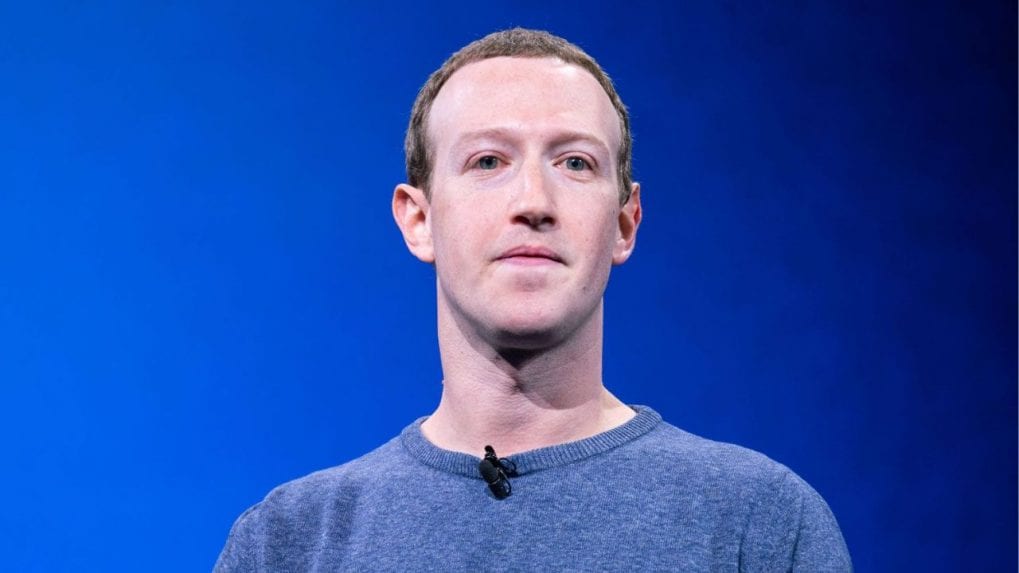Mark Zuckerberg once thought about making Instagram a separate company
Testifying for the second day in a US Federal Trade Commission (FTC) antitrust trial, Zuckerberg said he wondered whether Meta—then called Facebook Inc.—should take the “extreme step” of making Instagram an independent company.
ADVERTISEMENT
Mark Zuckerberg has revealed that he considered splitting Instagram from Facebook in 2018, as he was growing concerned that the photo-sharing app’s success might be damaging Facebook’s own growth.
Testifying for the second day in a US Federal Trade Commission (FTC) antitrust trial, Zuckerberg said he wondered whether Meta—then called Facebook Inc.—should take the “extreme step” of making Instagram an independent company.
At the time, he felt it might be wise to get ahead of possible political and regulatory moves that could force Meta to break up its apps in the future. “I needed to take into account the direction politics seemed to be going,” he explained in court.
In an email sent to top executives in May 2018, Zuckerberg wrote, “I’m beginning to wonder whether spinning Instagram out is the only structure that will accomplish a number of important goals.”
One of those goals, he noted, was to reduce the “strategy tax” of having to coordinate Facebook and Instagram too closely. Another reason was to stop growing Instagram in ways that might take attention away from Facebook.
He continued, “Again, I’m not saying we should actually do this now. But… there’s a real chance that all our work to build a family of apps may be something we don’t get to keep.”
These emails were presented during the FTC’s trial against Meta, which started this week and is expected to last at least two months. The US regulator claims that Meta’s acquisitions of Instagram in 2012 and WhatsApp in 2014 gave it a monopoly in the social media market.
Zuckerberg was questioned by FTC lawyer Daniel Matheson, who highlighted internal messages showing the Meta CEO’s frustrations. Zuckerberg reportedly felt that while Instagram was gaining from Facebook’s support, it wasn’t giving much back in return.
In response, Zuckerberg pushed for more ads on Instagram and reduced Facebook’s own in-app promotions that directed users to Instagram—decisions that were meant to keep Facebook from losing its edge to its own sister app.
Read More: ChatGPT, Instagram top list as world's most downloaded apps in March


